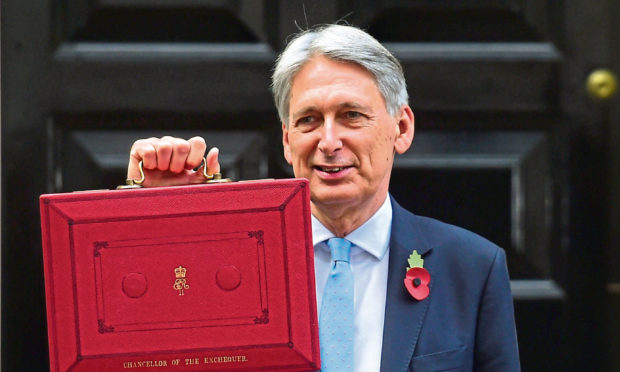Confidence is key to a thriving economy and Scotland has much to shout about.
But I have long felt domestic companies are missing a trick by staying in the shadows rather than actively showcasing their wares to the world.
A steady-as-you-go, don’t-rock-the-boat attitude may have worked for previous generations.
But the world has changed immensely through the advent of digital technology and social media and in that fevered environment I’m afraid the tin-hatted ignorance approach to communications is no longer bliss.
At the touch of a phone screen, an unhappy client can cause no-end of reputational damage and difficulty for the target of their ire.
On the flip side of that coin, a happy customer can be a firm’s greatest marketing tool.
Companies need to have a strategy to deal with such interactions, turn negatives into positives and make the most of upbeat feedback.
They should also have the confidence in themselves to be able to stick their head above the parapet and know it will not be blown off.
And, more than ego-stroking, there’s a real business reason for joining the wider commercial conversation.
A willingness to listen and engage affords companies the opportunity to enhance their reputation, grow sales and fully capitalise on their potential.
On Saturday night, The Courier Business Awards saw more than 700 leaders from the local business community put on their glad-rags and confidently proclaim Courier Country as being open for business.
The awards soared to the top of UK Twitter trending charts, received huge attention on Facebook and LinkedIn and the reaction they generated was overwhelming positive.
Winner or not, the firms who took part are now seeing the benefits of taking a step into the wider world and lifting the lid on what they do.
No doubt there will be some local firms who will want to bask in that reflected glory before returning to their old ways of operating under the radar.
But I hope others will see how counter-productive a strategy that is and choose to join the conversation instead.
In the week that Chancellor Philip Hammond signed off the UK Government’s contribution to the Tay Cities Deal, we need as many confident and striving businesses fighting this region’s corner as possible if we are to deliver the step-change in the local economy that we all want to see.
The Tay Cities Deal now has £350m of funding in the pot and we need further private sector investment – both in terms of cash and willing – to ensure that money is put to the best possible use and delivers the jobs, economy boosting infrastructure and new opportunities this region needs.
Making good on the Tay Cities Deal is vital to this region’s future prosperity and something we must all shout about.
